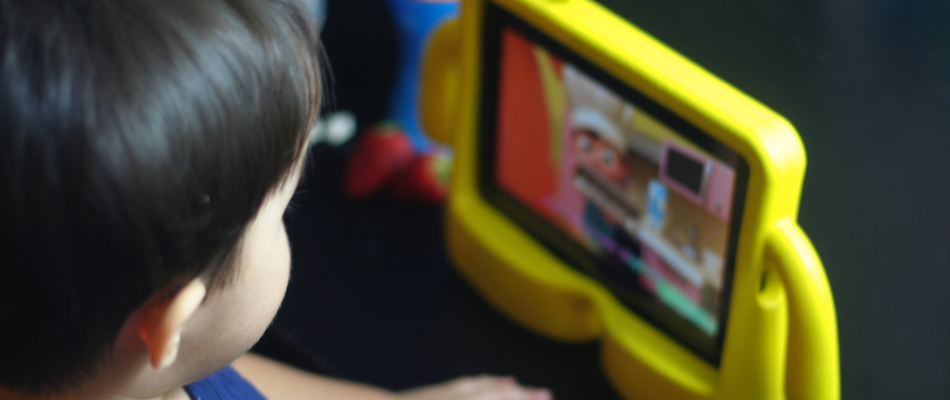Can Technology Affect the Quality of Your Child’s Sleep?
If you have children who have started using technology such as smartphones, tablets, or desktop computers, limiting the time of usage is key, especially at night time. Gadget use at night can interfere with their quality of sleep, and raise their risk factor for physical and mental disease. As with most other aspects of life, moderation is key to getting the most out of technological advances. Sleep is important for babies, younger kids and adolescents alike. It is key to mood, vitality, and learning. Unfortunately, just a few minutes of gadget use per night can interfere with sleep quantity and quality, which increases the risks for a host of physical and mental issues.
How Technology Affects the Sleep Cycle
For children, getting a good night’s sleep involves more than sleeping the right number of hours for their age. Good sleep quality involves a number of additional factors, including falling asleep relatively quickly once they get into bed, and waking up no more than once during the night. Good sleep means that children enter into all the important sleep cycles - including the ‘deep sleep’ stage, which is vital for energy and cell restoration, growth and repair of tissues and bones, muscle growth, and strengthening of the immune system. Using technology before bedtime alters your child’s natural circadian rhythm (or ‘body clock’) by making them feel wide awake and alert at night. When kids sleep late because of technology and get up early, they can then feel sleepy at school - which is just the opposite of what nature intended.
Bright Screens and Sleep
One interesting study carried out a Brown University found that light exposure at night from phones and tablets imperil the sleep of children in early to mid puberty. Researchers noted that children of this age were particularly vulnerable to the harmful effects of gadget use. In essence, the problem lies with the light these devices emit. The brighter the light, the more an important hormone for good sleep (melatonin) is suppressed and the more alert your child will feel. The lead researcher of the study stated that “Small amounts of light at night, such as light from screens, can be enough to affect sleep patterns. Students who have tablets or TVs or computers — even an ‘old-school’ flashlight under the covers to read — are pushing their circadian clocks to a later timing. This makes it harder to go to sleep and wake up at times early the next morning for school.”
Poor Sleep Quality Can Affect Your Child’s Learning
Missing vital hours of sleep won’t just make your kids cranky. It will also affect their memory and ability to learn. One fascinating study showed that sleep deprivation impairs our ability to retain information by affecting the way neurons pass important signals to each other. Children who find it difficult to remember information can find it difficult to feel motivated about school. They can lose confidence and feel unable to comprehend key concepts or put them into effect in class.
Tips for Healthy Gadget Use
To ensure that kids get a good night’s sleep, it is vital to set a good example. Respect your own sleep hygiene and let kids see that you aren’t telling them to shut off devices in the afternoon while you remain glued to your computer checking out social media. Scientists recommend that children not use technology at night. Adults, meanwhile, should log off all devices at least half an hour before getting into bed. All electronics should also be kept out of your child’s room to reduce temptation. Caffeine should also be a no-no from the late afternoon onwards.
To discourage excessive gadget use in kids, parents should lead by example. Rather than simply ordering kids to turn devices off, it is important to discuss key findings about the effect of gadgets on sleep, and to talk about the effects that sleep deprivation can have on their lives. Poor quality sleep can result in heart disease, Type 2 diabetes, obesity, and learning difficulties It can also affect mood and wellbeing; once kids learn all these facts, they may start to embrace good sleep hygiene from the time they are mature enough to understand the positive effect sleep has on their health and happiness.
Written by Jane Hibbert, Freelance Writer.





